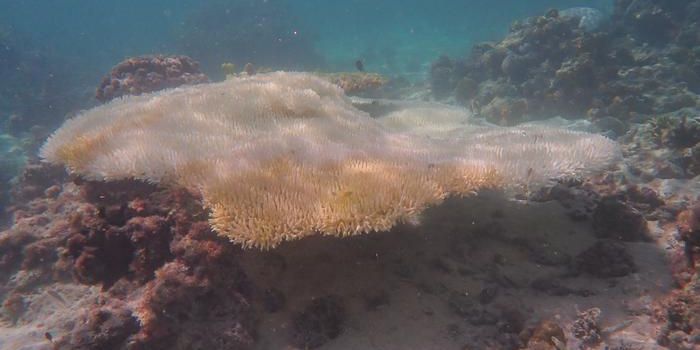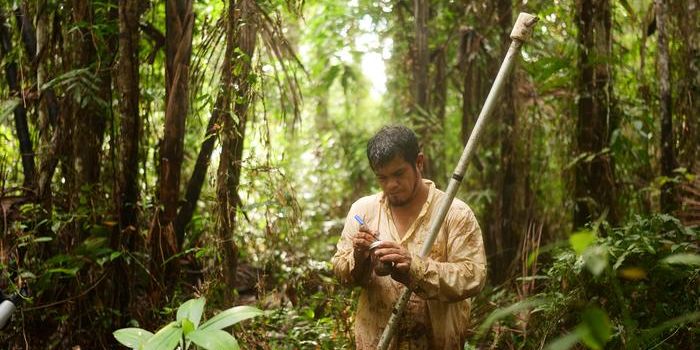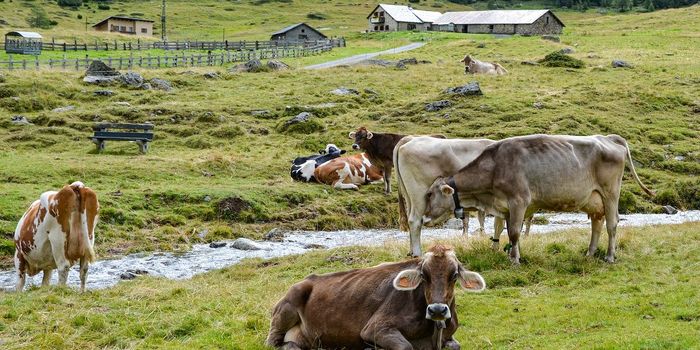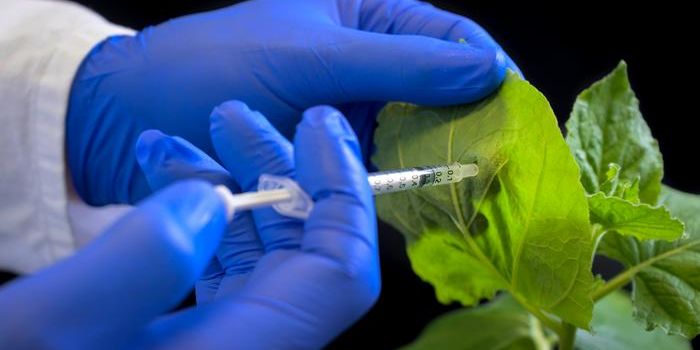Swine Fever Threatens Critically Endangered Indian Hogs
The Associated Press reports that the world's smallest and rarest wild pig species is undergoing its own virus lockdown in India. Critically endangered pygmy hogs are threatened by African swine fever, which is currently sweeping through India for the first time. According to the AP, no vaccine or cure currently exists for this virus, which has already claimed the lives of more than 16,000 domestic pigs.
According to the Pygmy Hog Conservation Programme, these tiny hogs only reach 65 centimeters long, 10 inches tall, and weigh just 8 to 9 kg. The PHCP states that an estimated 200 to 300 pygmy hogs remain in the wild, making them one of the world's most threatened mammals. Habitat loss and disruption reduced this species' to small patches throughout northwestern Assam in India. PHCP reports that the only remaining viable wild population in the Manas Tiger Reserve and smaller, reintroduced populations occur in a few other wildlife preservation areas.
The current population recovered from the brink of extinction in the 1960s, but scientists fear that this virus could wipe out the progress made with pygmy hog conservation. According to the AP, the swine fever outbreak hit India mid-May, and scientists immediately began lockdown procedures. Some breeding centers built security fences, banned visitors, and prohibited cars from parking onsite. Additionally, the AP reports that staff members must leave their shoes at the entrance. Then, they shower, wash hands and feet with an anti-viral solution, and put on fresh shoes to enter the facility.
Modifications to the hogs' diet were made to avoid vegetables that grow in the soil since the virus can live longer underground. According to the AP, the team had to find dried grasses at markets that were harvested pre-outbreak. Pygmy hogs use this material to build nests for their families, which is essential to their overall well-being.
Linda Dixon, a researcher at The Pirbright Institute, told the AP that the virus spreads mainly through pig-to-pig contact, infected meat, or contaminated material. Almost all infected pigs die, and a vaccine is a few years away. Dixon said, "It can decimate populations of wild pig or domestic pig. It could be very bad."
The Pygmy Hog Conservation Programme and similar programs depend on charitable funding to operate. According to the AP, the coronavirus pandemic has significantly reduced available funds and charitable giving, further complicated a dangerous situation. Parag Deka, the head of PHCP, told the AP, "I believe that when you make a change, it will be hard in the beginning, messy in the middle, and good at the end. Right now, we are between the hard and messy stage."
Sources: Associated Press, Pygmy Hogg Conservation Programme









